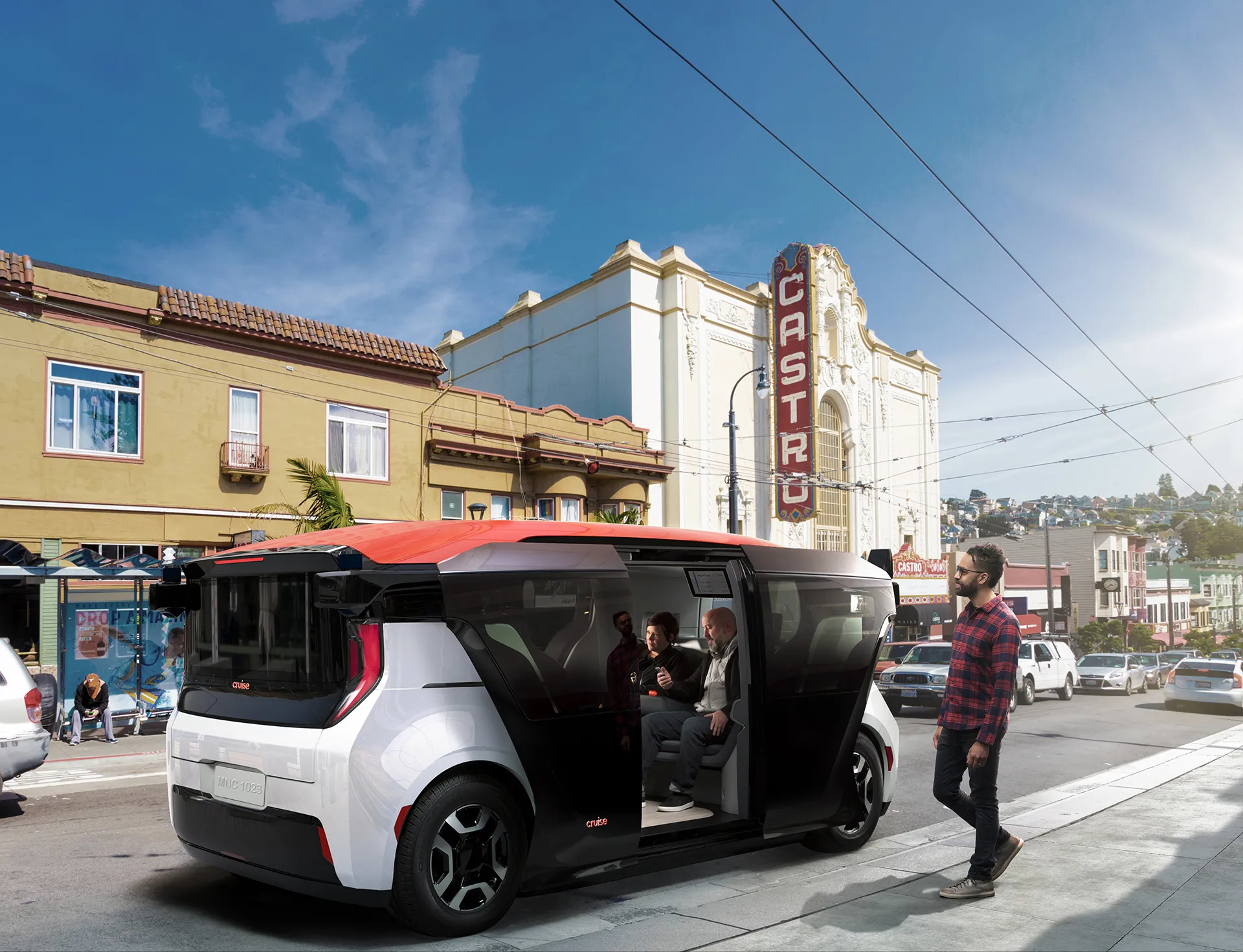Taxi drivers in Melbourne, Australia, have staged a ‘go slow’ during morning rush hour on one of the city’s busiest roads, Tullamarine freeway, in protest at changes to state government industry reforms that would regulate ride-sharing app
According to the Victorian Government website, taxi, hire car and rideshare services will operate under an aligned set of rules for the first time, creating what it calls a truly level playing field for all industry participants that will drive competition and innovation.
From 2018 all network service providers and other commercial passenger vehicles businesses will be charged a levy equivalent to AU$2 on all commercial passenger vehicle trips, replacing the current annual licence fees of currently up to AU$23,000.
Speaking to the Australian Broadcasting Corporation, taxi driver Vasilos Spanos said the current offer would financially ruin his family. "It cost me altogether for the three licences more than AU$800,000" he said.
Ari Angelopoulos told Australian Associated Press he owns two taxi licences and said he has lost more than 30 per cent of his daily income. "I work hard, I have two children, and I am the only worker in my family. I didn't come to Australia to be a slave," he said.
Public Transport Minister Jacinta Allan says she respects the drivers’ right to protest but called their behaviour irresponsible. “It’s actually not bringing people to their cause - it’s driving them away,” she told radio station 3AW.
The Andrews Government has offered taxi licence holders AU$100,000 for their first licence and AU$50,000 for subsequent licences.
Melbourne taxi drivers go slow
Taxi drivers in Melbourne, Australia, have staged a ‘go slow’ during morning rush hour on one of the city’s busiest roads, Tullamarine freeway, in protest at changes to state government industry reforms that would regulate ride-sharing app Uber and scrap taxi licences.
February 28, 2017
Read time: 2 mins








